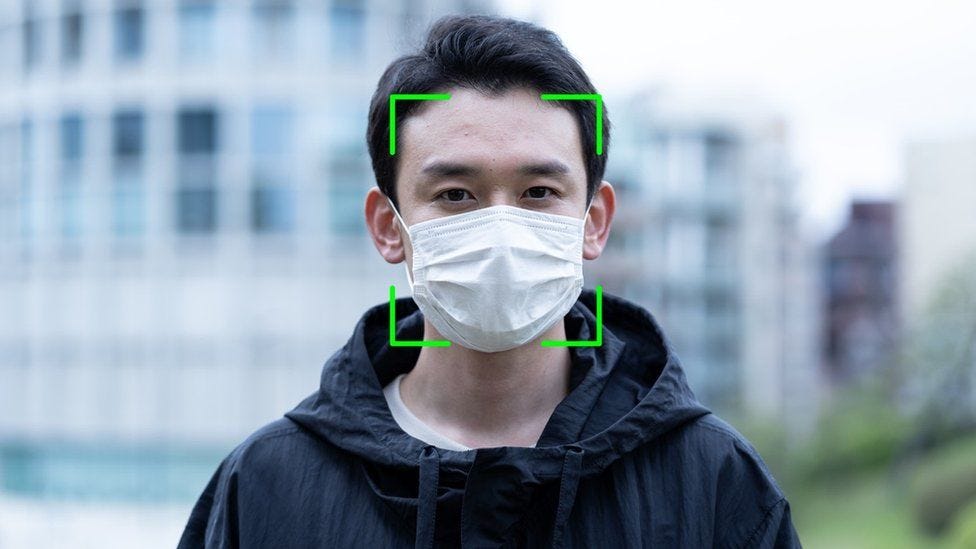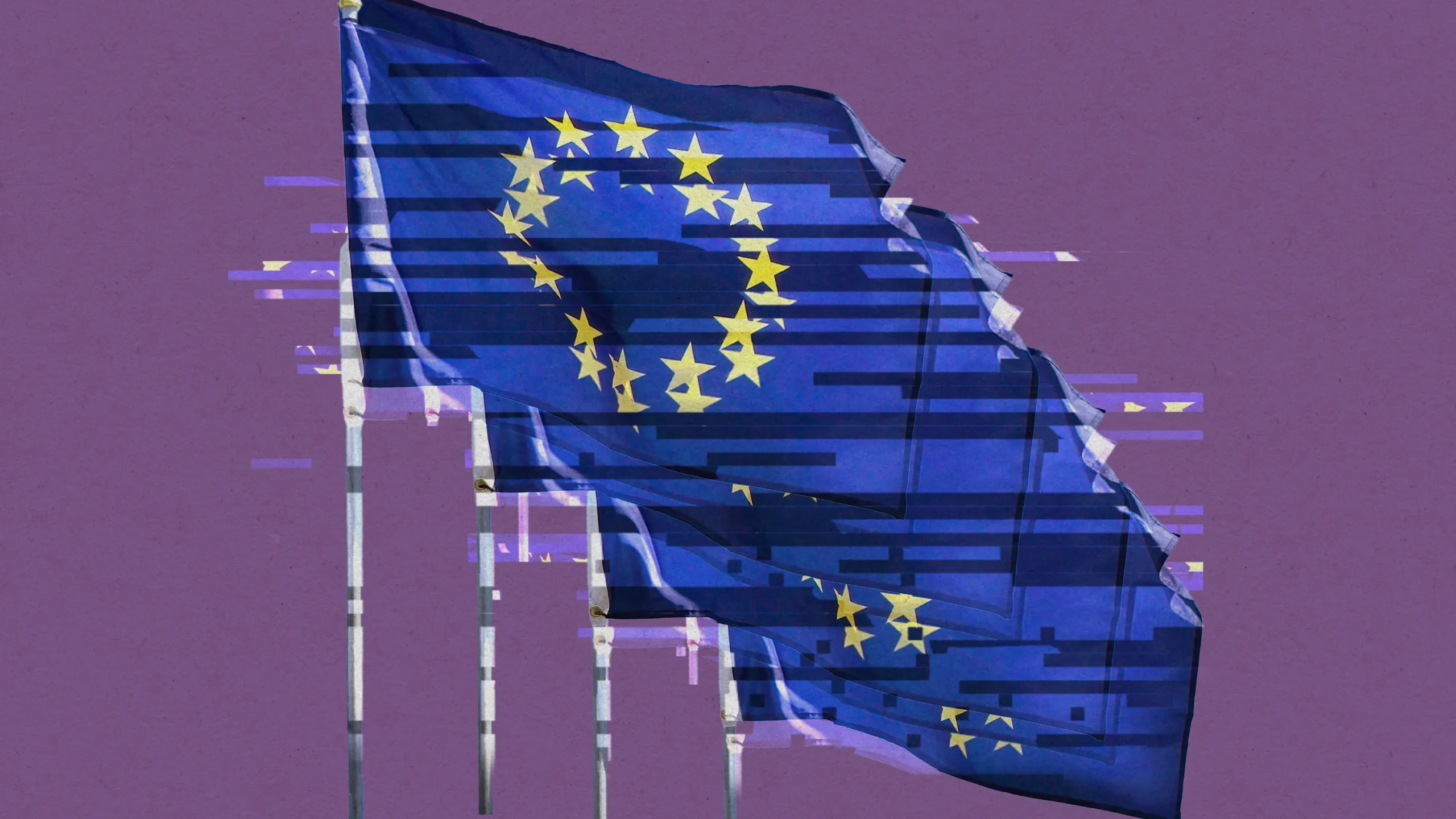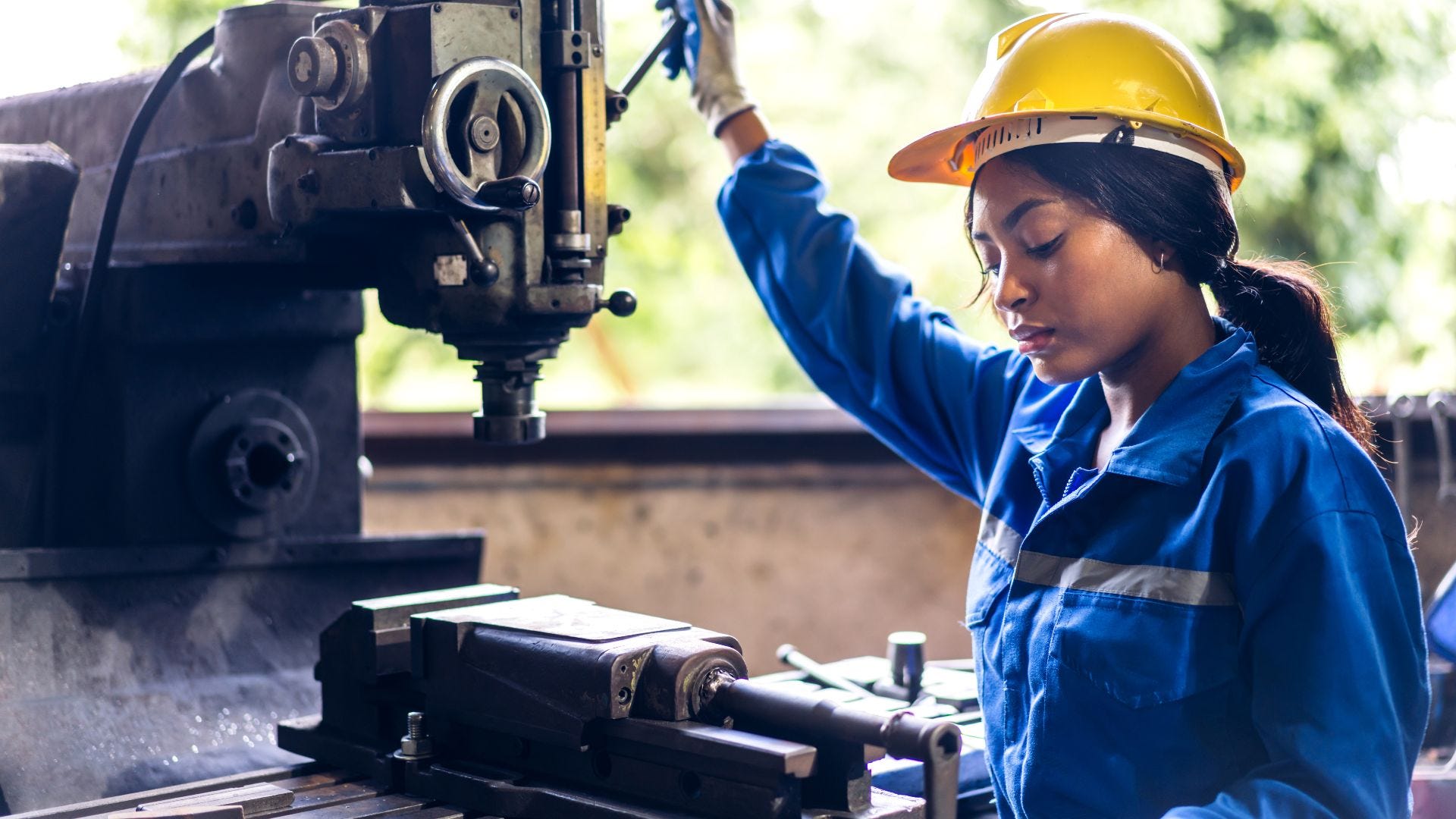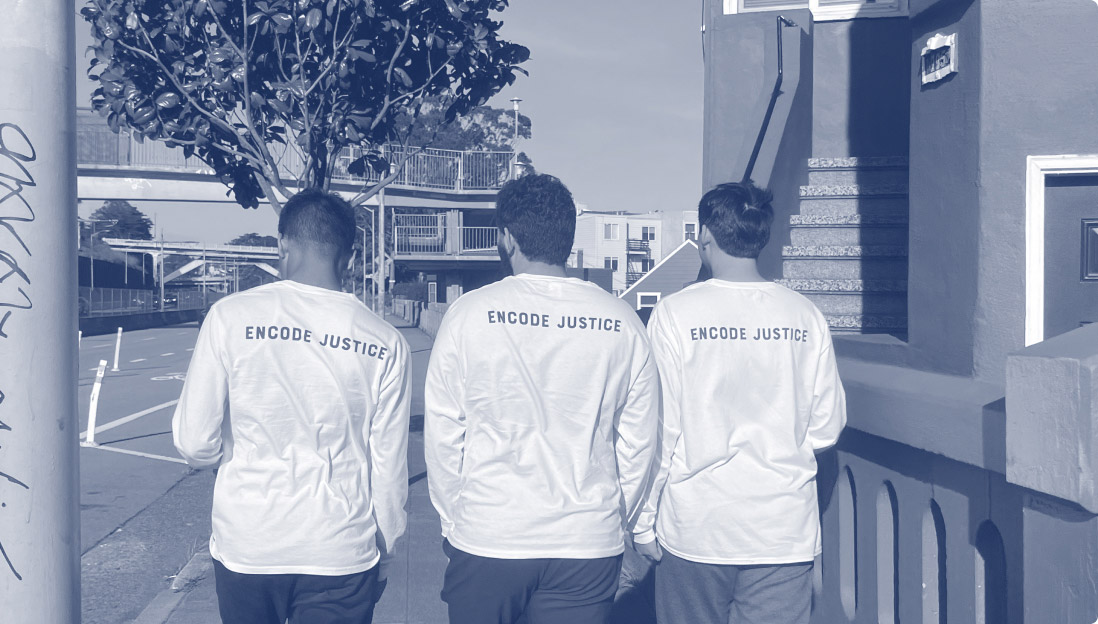
Japanese company NEC developed a facial recognition system that can identify people wearing face masks with near 100% accuracy.
It focuses on parts of the face that are not covered, such as the eyes, to verify someone’s identity. Verification takes less than one second and has an accuracy rate of over 99.9%, a stark improvement from facial recognition algorithms’ prior identification rate of 20–50% of images of people wearing face masks.

NEC worked to hone this technology for some time as wearing masks is common practice in Japan already, but it accelerated development to accommodate the COVID-19 pandemic. “Needs grew even more due to the coronavirus situation as the state of emergency [last year] was continuing for a long time, and so we’ve now introduced this technology to the market,” Shinya Takashima, Assistant Manager of NEC’s digital platform division, told Reuters.
The company is targeting 100 billion yen ($970 million) in sales in 2021 for its biometrics, facial recognition, and video analysis systems. Lufthansa and Swiss International airlines already employ this technology since its sale in October, and the NEC is trialing facial recognition for automated payments at a convenience shop in its Tokyo company headquarters.
London’s Metropolitan Police Service, ‘The Met Police,’ used the NeoFace Live Facial Recognition system to compare faces in crowds with those on a government watchlist to “prevent crime, to protect vulnerable members of the community or to support the safety strategy.” However, they were met with intense backlash for the lack of records kept on face matches made at King Cross and froze further use of the technology. England and Wales hope to increase transparency about the use of facial recognition systems and image sharing and to revise prior guidelines on the use of surveillance cameras.
The NEC aims to employ live facial recognition technology to promote social distancing, minimizing the need to touch surfaces or carry around forms of identification like security cards, and thus, combat the spread of COVID-19. “Touchless verification has become extremely important due to the impact of the coronavirus,” Shinya Takashima said. “Going forward we hope to contribute to safety and peace of mind by strengthening [efforts] in that area.”
NEC’s NeoFace Live Facial Recognition system can identify people in real-time with close to 100% accuracy, and it effectively eliminates the obstacle of facial coverings like masks. Although this can help promote social distancing and mitigate the spread of disease through hands-free payments and identification, such a powerful tool, if left unregulated, could pose a great threat to human rights.
AI can discriminate based on gender, race and ethnicity, socioeconomic level, disability status, etc. Surveillance and facial recognition technologies disproportionately harm people of color, allow private information to be collected by third parties without a person’s explicit consent, and are be weaponized to intentionally target certain groups like Uyghur Muslims in China. With such a powerful facial recognition system, peaceful protesters can no longer hide their identities from police with face coverings, roadblocks to lethal autonomous weaponry are eliminated, and an individual’s privacy is profoundly violated.

Strict regulations, if not a complete ban on facial recognition systems, need to be implemented to ensure the ethical use of this technology, safeguard people’s rights to privacy, and begin to break the AI-driven cycle of systematic discrimination against minority groups.



